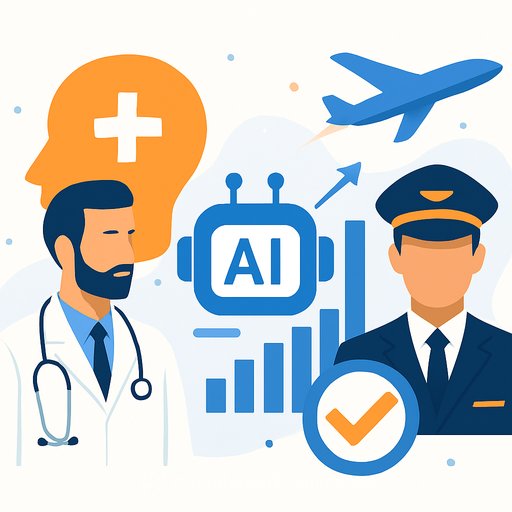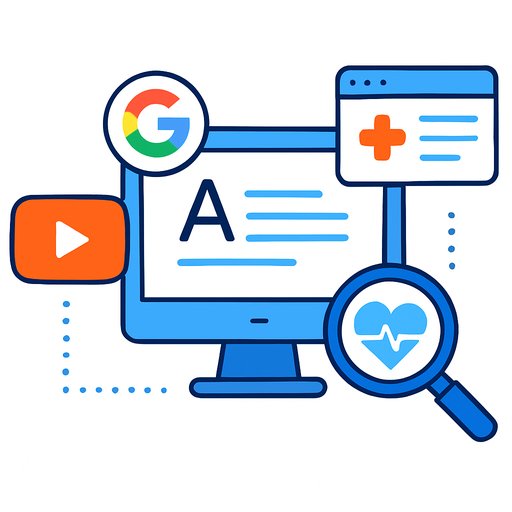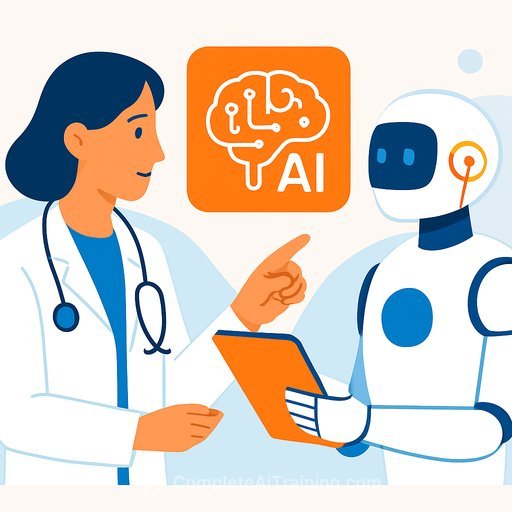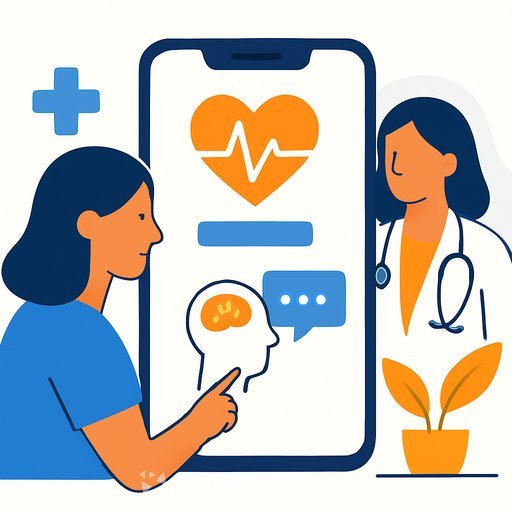Healthcare's AI Growth: The Focus Shifts to Trust and Scaled ROI
Artificial intelligence in healthcare is moving out of the lab and into the hospital. Organizations are shifting from small pilot programs to enterprise-wide AI deployment, automating workflows and building digital capacity. This isn't just about efficiency; it's about creating a foundation for better patient care.
"Healthcare ROI isn't just about efficiency," said Aashima Gupta, global director of healthcare strategy and solutions at Google Cloud. "It is about creating the conditions for better care. When clinicians are supported, patient outcomes improve naturally."
The numbers back this up. A recent Google Cloud report found that 44% of healthcare and life sciences executives have adopted AI agents in production. Another 34% have launched more than 10 AI agents. This marks a new phase of adoption where success is measured by cost reduction, improved outcomes, and better accessibility.
The need is clear. The World Health Organization projects a shortfall of 11 million health workers by 2030. At the same time, the World Economic Forum reports global medical costs are expected to rise by double digits for the third straight year. AI-driven diagnostics show promise, with the potential to cut treatment costs by up to 50% and improve health outcomes by 40%.
Trust, Governance, and Building Assurance
As AI becomes more integrated, governance and data protection are becoming the most important factors for success. According to the Google Cloud report, 37% of leaders named data privacy and security as their top concerns when choosing large language model providers.
Organizations with clear governance frameworks are seeing real returns. A full 80% of these institutions report a measurable, positive ROI from their AI initiatives.
"We have to be very careful in how we position AI in healthcare," Gupta cautioned. "It is not about diagnosis. AI is not ready to be a doctor, and we discourage that."
Trust hinges on systems that are both verifiable and auditable. You must be able to confirm what the system says is true and know what data it accessed. Without this, you're building on an unstable foundation. "Cyberattacks already cost healthcare hundreds of millions annually," Gupta noted. "Without strong security, introducing AI could actually expand the attack surface."
From Back Office Efficiency to Frontline Equity
The next phase of AI goes beyond administrative tasks and into research, discovery, and direct patient engagement. The Google Cloud report shows 72% of executives saw improved productivity from AI, and 61% noted a better patient experience.
This trend is expanding access to care. Telemedicine, wearable devices, and integrated digital platforms are helping reach underserved regions, reflecting the 83% of organizations that expect revenue growth of 6% or more from their AI investments.
"The agentic paradigm is catching on faster than expected," Gupta said. "Everyone who tried one wants to try 10. That is a good sign for confidence in AI, but it means we need stronger governance to match."
As adoption picks up speed, the focus must be on execution and accountability. Building internal skills and understanding through proper training becomes essential. Earning an AI certification can help ensure your team has the knowledge to implement these systems responsibly.
"Security has to be secure by design," Gupta stated. "Trust starts with your infrastructure, your partners and your patient interactions." The digital future of healthcare is being defined by the institutions deploying the technology, not just the technology itself.
Gupta's final thought is a critical reminder for the industry: "Healthcare moves at the speed of trust. Technology moves by the minute, but trust takes years to build."
Your membership also unlocks:






